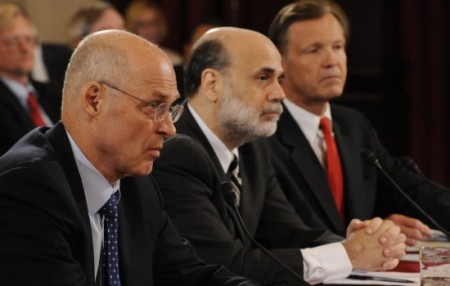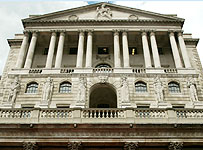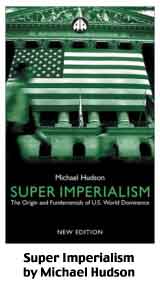While most investors are focused on the latest stock market rally, hidden from view is a monumental change that few recognize and fewer understand: Unprecedented amounts of old debts are coming due in America, and many are not getting refinanced.
Even worse, borrowers are going into default, lenders are taking huge losses, and outstanding loans are turning to dust.
The numbers are large; the government’s response is equally massive. So before you look at one more stock quote or any other news item, I think it behooves you to understand what this means and what to do about it …
New Evidence of A Credit Crack-Up
Until recently, economists have had only anecdotal evidence of credit troubles.
They knew that individual banks were taking losses. They knew that many banks were tightening their lending standards. And they realized that there were hiccups in the credit markets.
So they called it the “credit crunch” — essentially a slowdown in the pace of new credit growth.
But we didn’t buy that. Earlier this year, we warned that America’s credit woes involved much more than just a slowdown. We wrote that it was actually a credit crack-up — an outright contraction of credit the likes of which had never been witnessed in our lifetime.
Wall Street scoffed. No one had seen anything like this happen before, and almost everyone assumed that it would not happen now.
They were wrong.
Indeed, three new official reports are now telling us, point blank, that the credit crack-up is already beginning!
Read moreCredit Crisis Turning into Credit Armageddon



